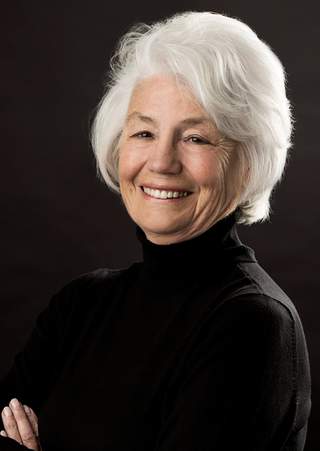The Australian
By Lesley Russell
THE focus of the healthcare system is on providing longer, healthier lives.
As Neil Batt pointed out in last Saturday's Weekend Health, there's little focus on the quality of death.
In a culture where medical technology can deliver miraculous cures, this topic makes people uncomfortable, and leads to the "death panel" claims of Sarah Palin and others. But most people are very clear about what they see as the attributes of a good death.
A key factor is advanced care planning, with respect for patients' end-of-life wishes by family and doctors. Patients want a sense of control, co-ordinated care and assurances they will have adequate pain and symptom management. They look to family and significant others for psychosocial support, also worrying about relieving the burden on loved ones.
A study from the Singapore-based Lien Foundation, "The quality of death: ranking end-of-life care around the world", ranks how well people die in 40 countries. Australia ranks second, behind Britain and ahead of the US, in ninth place. The US ranks poorly because cost is included as a factor.
This is arguably the key to the dissent over advanced care planning, particularly in the US, that saving money is the goal. But the key to a good death is affirmation of the person, not the patient or healthcare system.
Lesley Russell is senior fellow at the Centre for American Progress in Washington, DC, and a research associate at the Menzies Centre for Health Policy and the US Studies Centre at the University of Sydney.





